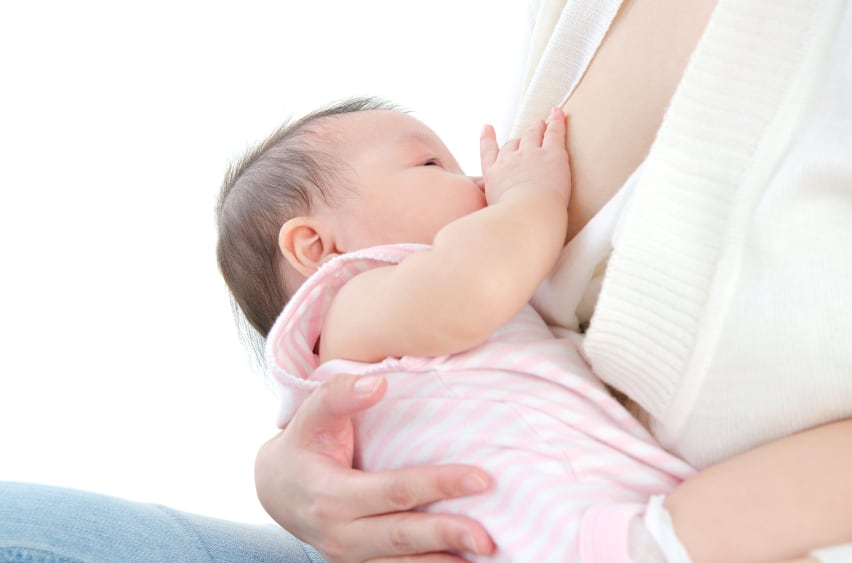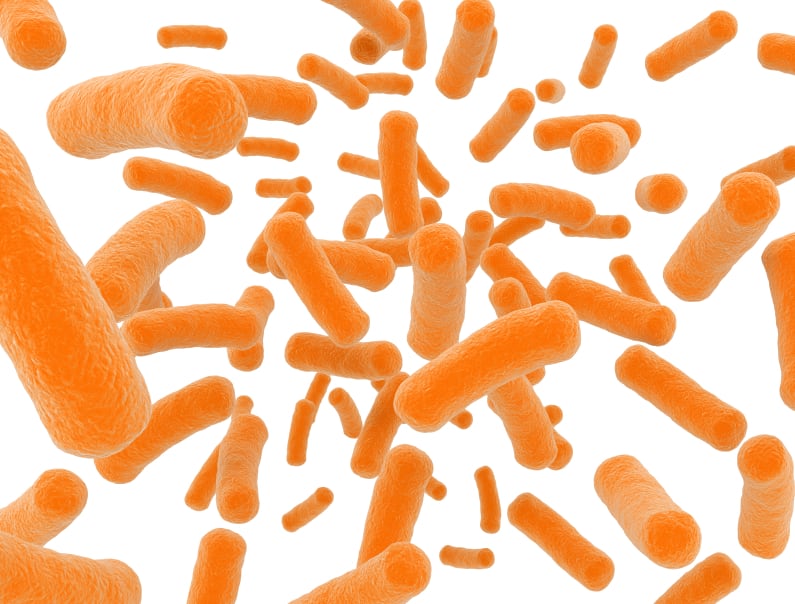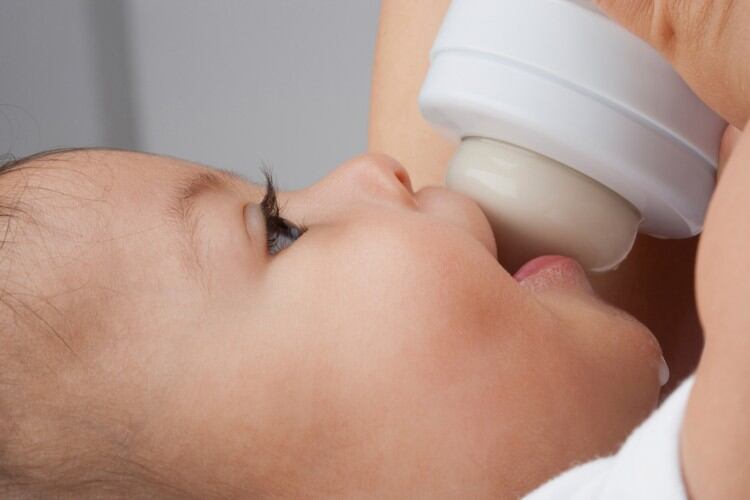Comments made by The Breastfeeding Network (BfN) members call on all political parties to commit to laws protecting babies from “harmful” commercial interests.
Members that include the World Breastfeeding Trends Initiative and Swansea University want to see the full International Code of Marketing of Breastmilk Substitutes bought into UK law along with its enforcement.
“Families tell us they are still regularly exposed to conflicting messaging and marketing for formula milks that drowns out advice from healthcare professionals,” the statement says.
“To ensure an increase in breastfeeding rates, to help reverse obesity rates and to reduce widening health inequalities will require significant investment in breastfeeding.”
The BfN’s concerns come after a number of high-profile cases describe some of the marketing and advertising practices, critics claim infant formula makers engage in to boost sales.
In October, children’s charity Unicef pointed to inappropriate marketing, weak policies as well as programmes to protect, promote and support breastfeeding in upper middle-income countries.
The issue has been highlighted in the past with campaign groups such as Changing Markets Foundation and SumOfUs accusing firms of making contradictory advice or use claims prohibited by the World Health Organization (WHO) Marketing Code.
RCPCH action
In January this year, advocacy groups and charities urged The Royal College of Paediatrics and Child Health (RCPCH) to remove sponsorship from infant formula firms for an upcoming conference.
In a letter to the RCPCH, signatories condemned breastmilk substitute (BMS) manufacturers’ sponsorship of child health conferences, particularly those in low- or middle-income countries.
The joint statement goes on to highlight that in the UK, most women start to breastfeed but continuation rates drop rapidly resulting in some of some of the lowest in the world.
“Despite robust evidence showing that investment in breastfeeding support and protection makes sense, politically breastfeeding has been viewed by governments as a lifestyle choice and so left to parents to work out for themselves.
“For too many women, trying to breastfeed without support, or stopping before they want to, is deeply upsetting and the situation is made worse by fragmented care, and poor and often conflicting advice from those they are seeking to support them,” the statement says.
“To ensure an increase in breastfeeding rates, to help reverse obesity rates and to reduce widening health inequalities will require significant investment in breastfeeding.”
December General Election
The statement coincides with the country’s impending General Election on 12 December, the UK’s third one since since 2015.
Out of the three main political parties vying for votes, the left-wing party Labour appears to have taken the lead in allocating significant investment in public health as well as supporting and protecting breastfeeding.
In its recently published manifesto, the party highlights its plans for the country’s National Health Sysytem (NHS) and social care stating a Labour government would, “target a reduction in health inequalities with a comprehensive children’s health strategy”.
“We will introduce a Future Generations Well-being Act, enshrining health aims in all policies and a new duty for NHS agencies to collaborate with directors of public health.”
“We will invest more than €1.2bn (£1bn) in public health and recruit 4,500 more health visitors and school nurses,” the Manifesto continues.
“We will increase mandated health visits, ensure new mothers can have access to breastfeeding support and introduce mental health assessments in a maternal health check six weeks after birth.”




